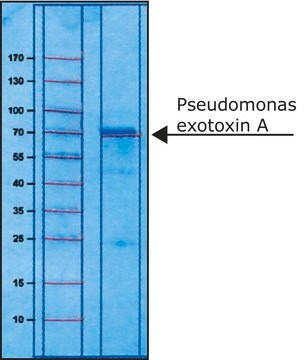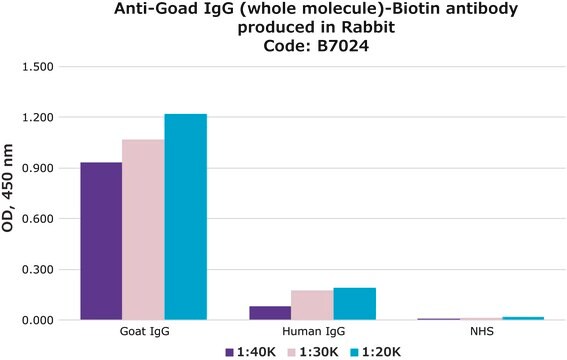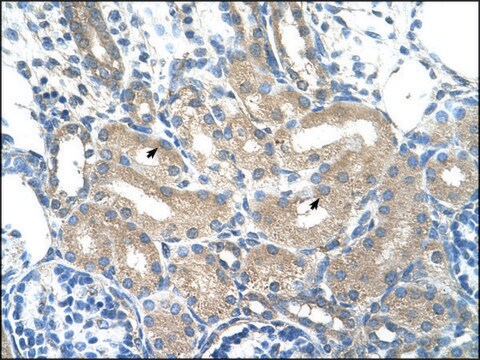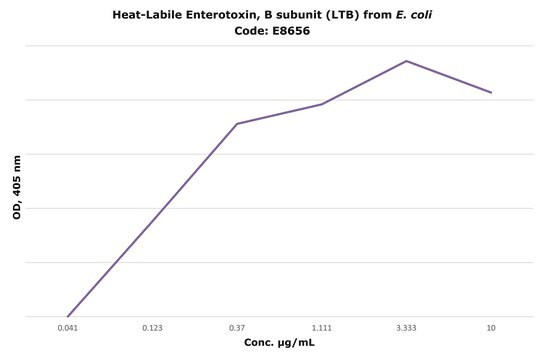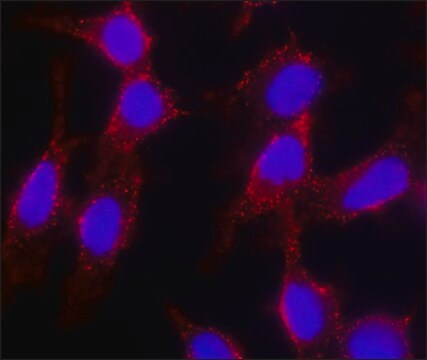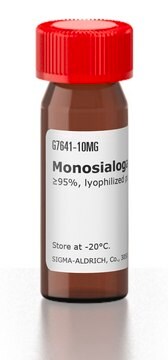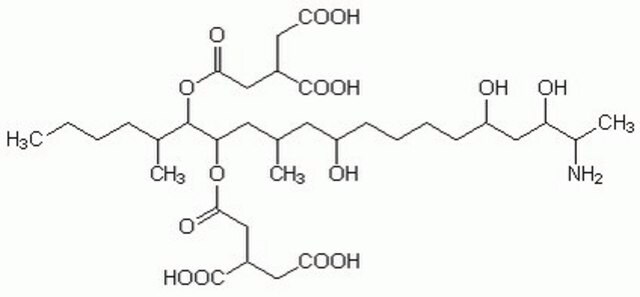E3651
Anti-Endothelin Receptor A antibody produced in rabbit
affinity isolated antibody, lyophilized powder
Synonym(s):
Anti-ET-A, Anti-ET1-Specific Endothelin Receptor
About This Item
Recommended Products
biological source
rabbit
Quality Level
conjugate
unconjugated
antibody form
affinity isolated antibody
antibody product type
primary antibodies
clone
polyclonal
form
lyophilized powder
species reactivity
human, pig, chicken, bovine
technique(s)
immunohistochemistry: 1:100 using rat brain sections or rat lung paraffin embedded sections
western blot: 1:200 using rat brain membranes and ECL
UniProt accession no.
shipped in
dry ice
storage temp.
−20°C
target post-translational modification
unmodified
Gene Information
human ... EDNRA(1909)
rat ... Ednra(24326)
Specificity
Immunogen
Application
Immunohistochemistry (1 paper)
Biochem/physiol Actions
Physical form
Disclaimer
Not finding the right product?
Try our Product Selector Tool.
Regulatory Listings
Regulatory Listings are mainly provided for chemical products. Only limited information can be provided here for non-chemical products. No entry means none of the components are listed. It is the user’s obligation to ensure the safe and legal use of the product.
PDSCL
Poisonous substance
JAN Code
E3651-.05ML-PW:
E3651-.2ML-PW:
E3651-.05ML:4548173345932
E3651-BULK:
E3651-.2ML:4548173345949
E3651-VAR:
Choose from one of the most recent versions:
Already Own This Product?
Find documentation for the products that you have recently purchased in the Document Library.
Our team of scientists has experience in all areas of research including Life Science, Material Science, Chemical Synthesis, Chromatography, Analytical and many others.
Contact Technical Service